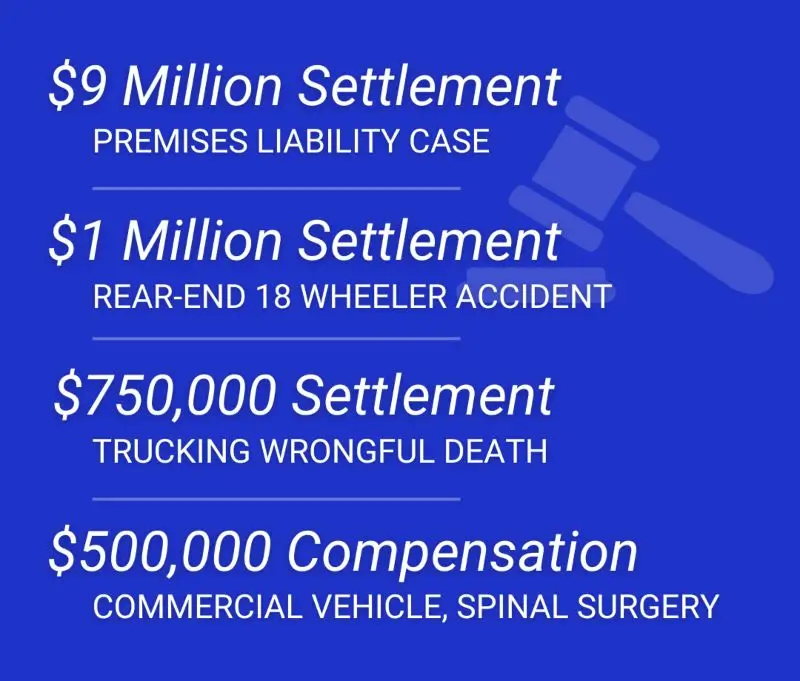No one can predict when a situation calls for urgent medical attention. Whether it’s a road accident, sudden illness, or an allergic reaction, one wrong move can escalate an already grave situation. That’s where the Good Samaritan Law becomes helpful. This law encourages individuals to offer help in emergency situations without fear of any legal repercussions or liability. In Texas, this law provides protection to those who lend help to someone in need. In this blog post, we’ll take a deep dive into Texas’ Good Samaritan Law and help you understand how it works.

What is Texas’ Good Samaritan Law?
Texas’ Good Samaritan Act is a legal shield law that protects individuals who lend emergency care to others in good faith and without compensation. This law encourages any person to help a person who is suffering from illness, injury, or distress with no expectation of any gain. The protection is provided against any liability arising from care provided by such a person. The Texas Occupations Code provides more details on who qualifies as a Good Samaritan.
Who is Covered Under the Good Samaritan Law?
The Good Samaritan Law applies to individuals who voluntarily and without compensation, offer help in good faith while adhering to the reasonable and standard norms of medical or emergency aid. This includes certified healthcare professionals like doctors, nurses, and EMTs, as well as ordinary citizens who offer aid in good faith. In Texas, however, the law doesn’t provide blanket protection for providing emergency care and doesn’t apply to acts that involve gross negligence or intentional recklessness.
Exceptions to the Good Samaritan Law in Texas
The Good Samaritan Law does not offer protection for medical professionals who act in their professional capacities. Suppose, for instance, that a doctor or nurse administers a medical procedure to an injured person they come across outside their practice. In that case, they may face a civil lawsuit, regardless of the situation’s urgency. Other scenarios that could result in not being covered include leaving the victim before professional medical help arrives, administering treatment while intoxicated, or if there is already qualified medical assistance available at the scene.
Are All Good Samaritan Laws the Same State by State?
No, not all Good Samaritan Laws are the same state by state. In Texas, for example, the law protects individuals from legal liability if they render assistance in an emergency. There are, however, certain limitations to this protection. The law only applies if the individual providing assistance acts in good faith, and it doesn’t provide immunity if reckless or intentional conduct is involved. Additionally, the law only covers actions taken in response to a medical emergency, rendering aid at the scene of an accident, or responding to a car accident. It’s important to understand that Good Samaritan Laws vary state by state, so if you’re planning on traveling outside of Texas, it’s important to familiarize yourself with the laws in that state as well.
What’s the Importance of the Good Samaritan Law in Texas?
The Good Samaritan Law is essential in Texas as it helps reduce fear and hesitation among citizens in offering emergency care when the need arises. Several medical emergencies require speedy and agile responses to prevent a crisis from escalating into a catastrophe. This law encourages people to offer help in these situations with the confidence that they will get legal protection and not face lawsuits or repercussions for any unintentional mistakes made during emergency aid.
Examples of Good Samaritan Disputes
While the Good Samaritan Law in Texas provides protection to people who render aid in good faith, there have been instances where legal disputes have arisen. In situations where an individual was not acting in good faith, or was reckless in their actions, they may be held liable for damages caused. For example, administering CPR without proper training can cause harm and lead to litigation. Another common dispute is when the Good Samaritan causes further injury or damages, such as moving an injured person incorrectly. Finally, there may be situations where an individual may decline help or aid in medical treatment that the Good Samaritan is attempting to provide.
Navigating Disputes
In the event of a dispute, consulting with a lawyer can help establish whether the Good Samaritan Law applies in the situation. A legal professional specializing in the Good Samaritan Law can provide guidance on the specifics of each case, decrease potential liability, and ensure compliance with the law. It’s important for individuals to remember that it is required for the Good Samaritan to act in good faith to be protected by the law. In cases where the Good Samaritan caused further injury, acted negligently, or stopped aiding the victim before professional help arrives, the law may not apply. It’s also important for Good Samaritans to know their limits and not to exceed their abilities and knowledge in administering emergency help, as doing so may lead to a dispute.
How to Get a Case Review and How That Can Help You
If you’ve been involved in an emergency response or rescue situation, you may be entitled to legal protection under Texas’ Good Samaritan Law. To properly understand the impact of this law, it’s crucial to work with an experienced attorney who can review your case and explain the options available to you. While the Good Samaritan Law was designed to protect individuals who provide assistance during an emergency, it’s not intended to cover every situation. A case review will help you determine whether you have a strong case and what legal options are available to you.
Learn How You Can Benefit from the Good Samaritan Law
Texas laws have changed to protect people from lawsuits in lifesaving situations. The Good Samaritan Law was put in place to encourage people to step up and aid those in need without fear of legal repercussions. It has been effective in helping people save lives, but there are some exceptions that should be kept in mind when deciding whether or not to act quickly. With knowledge of this law, Texans can feel secure offering a helping hand when help is needed without the added worry of facing legal problems down the line. If you would like further information about what this law entails or require assistance for any reason, contact Nava Law Group in Houston, TX at 713.661.9900 and our experienced attorneys will be happy to provide any help possible.








